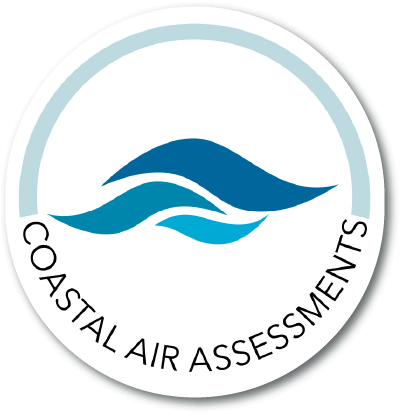Mold Assessors vs. Remediators: What to Know About State Licensing Requirements
As of July 1, 2010, mold assessors and remediators alike have been required under Chapter 468, Part XVI of the Florida Statutes to become licensed by Florida’s Department of Business and Professional Regulation (DBPR).

The problem? Not all customers looking for mold help will know what credentials to look for when conducting a search in their local area for a mold specialist.
Thus, we are here to break down what legal requirements you should ask after in the event that you find mold spores proliferating throughout your property:
Mastering Mold Assessments
A mold assessor, as defined by Florida State law, is “any person who performs or directly supervises a mold assessment.”
Specifically, their job is to both identify and establish the mold problem at hand. Should the homeowner or building manager choose to schedule a post-remediation verification, the assessor will also return to confirm that all mold removal and remediation processes were successful.
To become a licensed assessor with the DBPR in Florida, applicants must complete a checklist of requirements as well as register for, and complete, one of the following exams of their choosing:
- Council-Certified Indoor Environmentalist (CIE)
- Council-Certified Indoor Environmental Consultant (CIEC)
- Council-Certified Microbial Consultant (CMC)
Additionally, a mold assessor is legally required to maintain insurance that covers general liability and errors and omissions insurance. Their insurance must cover at least $1,000,000 total.
Relying on Mold Remediators
Once the presence and location of mold within a property have been confirmed, a mold remediator — the person responsible for repairing the problem, or otherwise known as performing a mold remediation service — is called in to take action.
“‘Mold remediation means the removal, cleaning, sanitizing, demolition, or other treatment, including preventive activities, of mold or mold-contaminated matter of greater than 10 square feet that was not purposely grown at that location,” Florida State statute clarifies.
That being said, the assessment company that performs the initial inspection is legally prohibited from performing the remediation. This eliminates a potential conflict of interest, thereby protecting the consumer who has called for industry aid.
Similar to mold assessors, a mold remediator must undergo an application process to become licensed by Florida’s DBPR, as well as pass one of the following exams:
- Certified Microbial Remediator (CMR)
- Certified Microbial Remediation Supervisor (CMRS)
- Certified Indoor Environmental Supervisor (CIES)
Finally, a mold remediator must also maintain insurance coverage. In this case, they are required to obtain a general liability insurance policy of $1,000,000 minimum, including specific coverage details for mold-related claims
Qualified Aid with Coast Air Assessments
If you have begun to research mold assessment companies in your area but are not sure if they meet the aforementioned legal requirements, you can easily verify a Florida Mold Licensee using the “licensee search” on the DBPR website.
Another simple solution, however, would be to reach out to Coastal Air Assessments!
Here at Coastal Air, you can comfortably rely on us knowing we hold the following certifications and licenses:
- Florida Licensed Mold Assessor MRSA2944
- IAQA Member (Indoor Air Quality Association)
- InterNACHI Certified Professional Inspector (CPI)®
If you’re ready to experience pure air and pure dedication, we’re ready to help! Learn more about our mold services and capabilities today when you call 561-400-0929. Our team is proud to serve Palm Beach County and the Treasure Coast!
